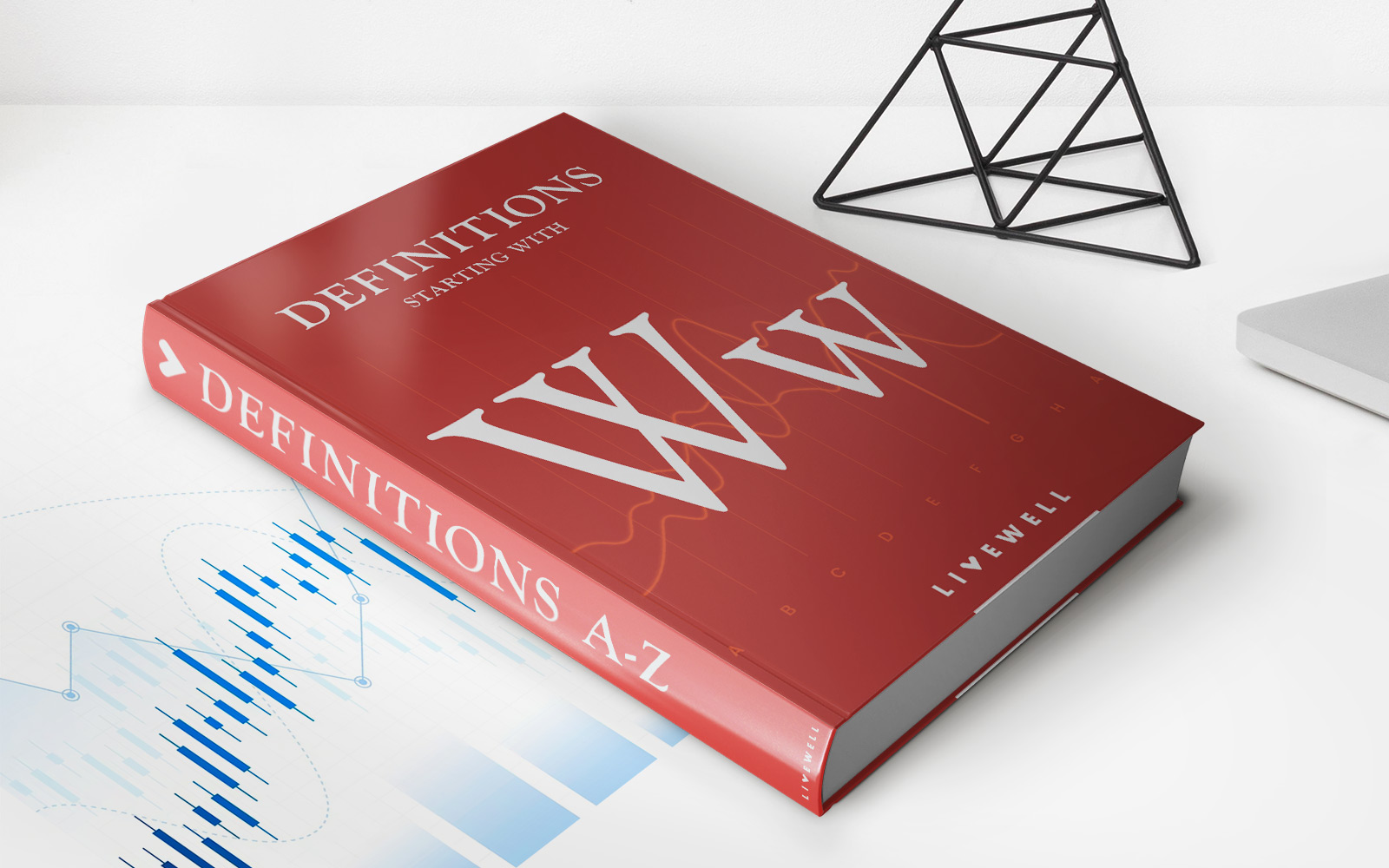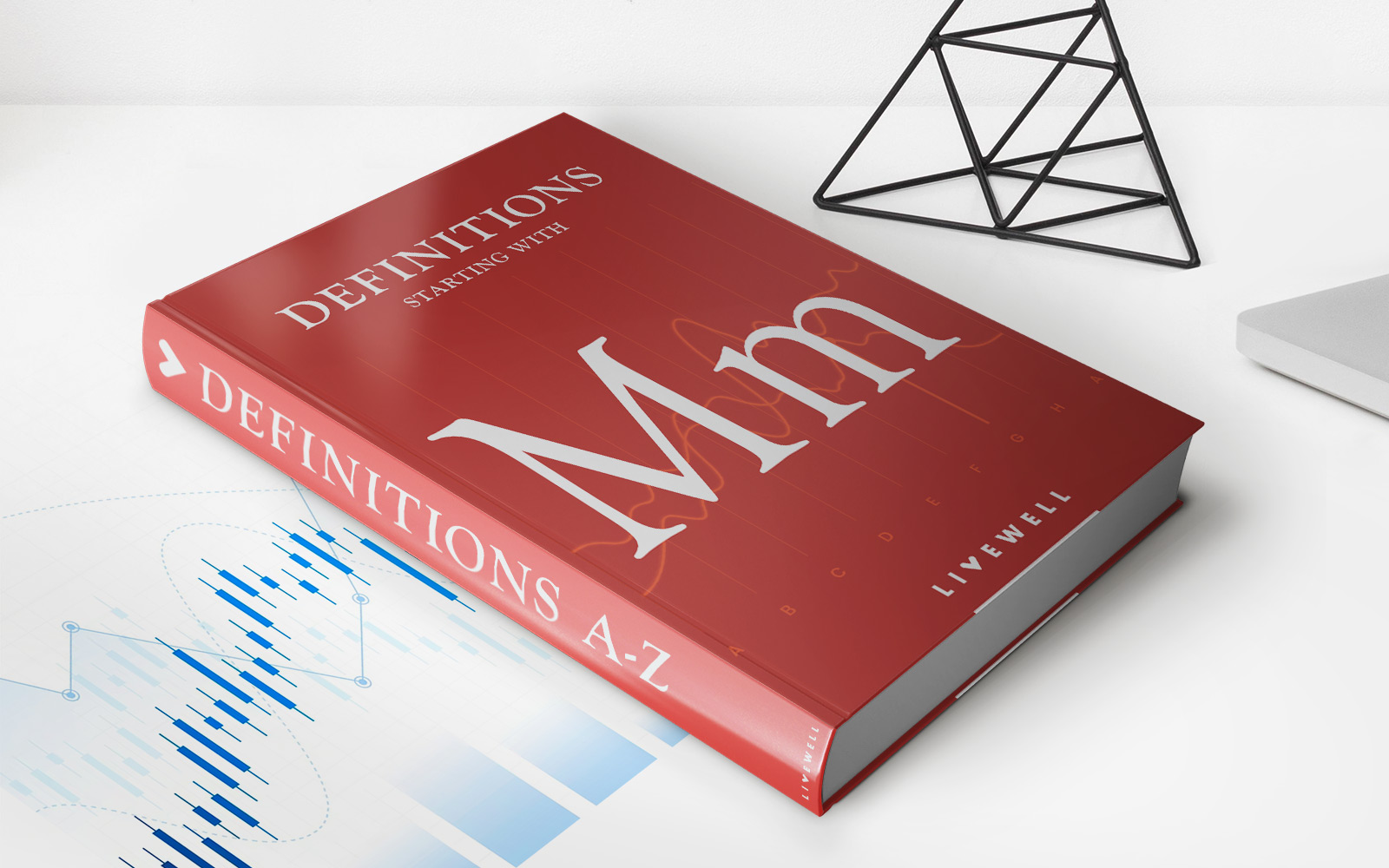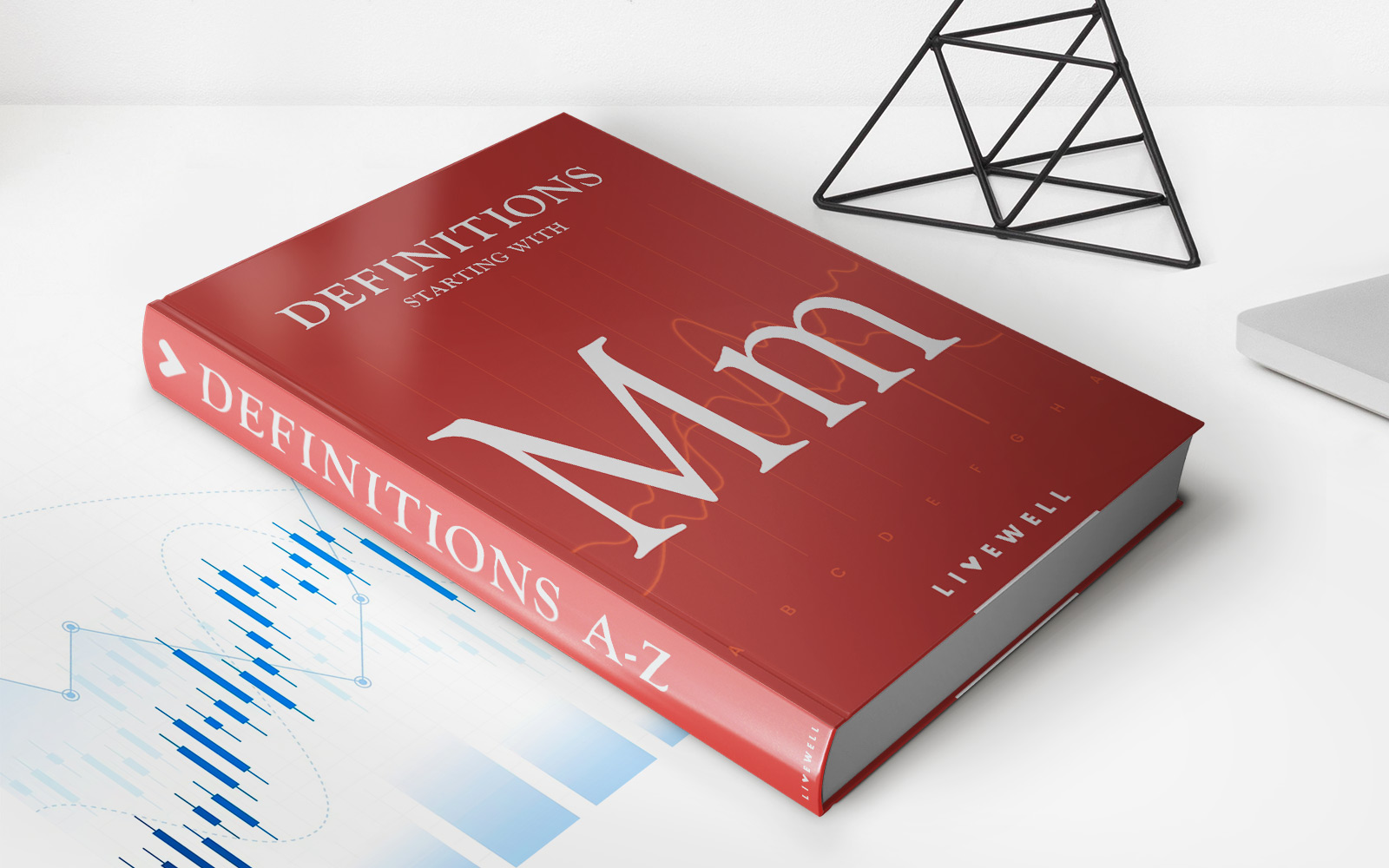

Finance
Wilshire Mid-Cap Index Definition
Published: February 18, 2024
Learn about the definition of Wilshire Mid-Cap Index in finance, a key indicator for mid-sized companies. Gain valuable insights into stock performance and industry trends.
(Many of the links in this article redirect to a specific reviewed product. Your purchase of these products through affiliate links helps to generate commission for LiveWell, at no extra cost. Learn more)
Understanding the Wilshire Mid-Cap Index: A Guide to Mid-Cap Investing
When it comes to investing, there are various strategies and tools that can help you achieve your financial goals. One such tool is the Wilshire Mid-Cap Index. If you are new to the world of finance or simply looking to diversify your portfolio, understanding what the Wilshire Mid-Cap Index is and how it works can be crucial.
Key Takeaways:
- The Wilshire Mid-Cap Index is a financial tool that tracks the performance of mid-cap stocks.
- Mid-cap stocks represent companies with market capitalization between $2 billion and $10 billion.
So, what exactly is the Wilshire Mid-Cap Index? In simple terms, it is a stock market index that measures the performance of mid-cap stocks. Mid-cap stocks, as the name suggests, represent companies with a market capitalization between $2 billion and $10 billion. These companies are larger than small-cap stocks but smaller than large-cap stocks, occupying a mid-range position within the market.
As an investor, understanding the risk and return associated with mid-cap stocks is crucial. When compared to large-cap stocks, mid-cap stocks tend to offer higher growth potential. This is because mid-cap companies are often in the growth phase of their development, striving to expand their market share and increase profitability.
Investing in the Wilshire Mid-Cap Index can provide you with exposure to a diversified basket of mid-cap stocks, allowing you to benefit from potential growth opportunities. By tracking the performance of the Index, you can assess the overall health and trends of the mid-cap segment of the market. This can assist you in making informed investment decisions and managing your risk effectively.
Here are a few key advantages of investing in the Wilshire Mid-Cap Index:
- Diversification: By investing in the index, you gain exposure to a range of mid-cap stocks, reducing the impact of individual stock price fluctuations.
- Potential for Growth: Mid-cap stocks have the potential to deliver higher returns than large-cap stocks due to their growth prospects.
- Investment Access: The Wilshire Mid-Cap Index provides a convenient way to invest in mid-cap stocks, allowing you to access this segment of the market without the need for individual stock selection.
- Portfolio Balancing: Including mid-cap stocks in your portfolio can help balance the risk and return profile, complementing other asset classes such as large-caps and small-caps.
It is important to note that like any investment, investing in the Wilshire Mid-Cap Index carries its own set of risks. Market volatility, economic conditions, and company-specific factors can all impact the performance of the index and the underlying stocks. Therefore, conducting thorough research and consulting with a financial advisor is essential before making any investment decisions.
In conclusion, the Wilshire Mid-Cap Index is a valuable tool for mid-cap investing, providing exposure to a diversified basket of mid-cap stocks. By understanding the concept of mid-cap stocks and the potential benefits and risks associated with investing in the index, you can make informed decisions to achieve your financial goals.














